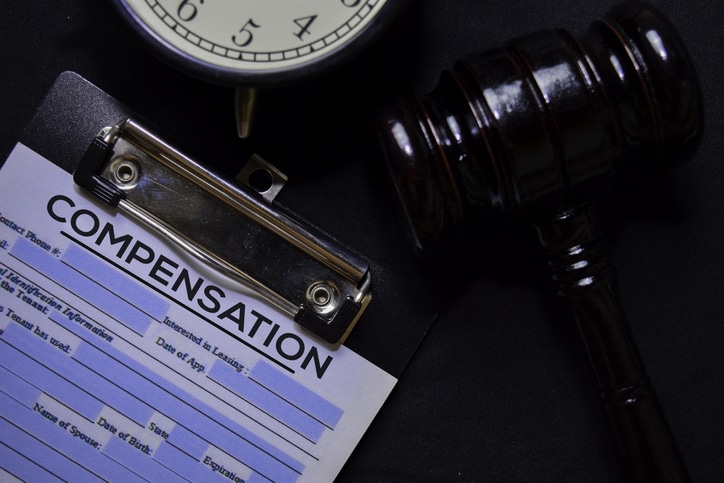Over the years our legislature has endeavored to legislate away the ability of injured or disabled people to collect monies from more than one source. Moreover, health and disability insurers, under the euphemism “coordination of benefits,” have clauses in their policy which essentially state:
“If someone else should pay, we won’t. If we do pay, we expect you to repay what we spent on your medical bills.”
Occasionally, we see a few employers, who have paid sick pay during the injured employee’s absence, expecting to be repaid (the sick pay) from the proceeds of legal recovery.
At Plymale and Dingus, we believe the medical insurer or employer should pay the cost of recovering these monies – not you. As part of our service, we often negotiate with the medical insurer or employer to either pay their fair share of attorney fees or reduce the amount they expect to be repaid. Different payers have different policies and different degrees of willingness to negotiate, but we take pride in our ability to obtain maximum concessions from them – our work often results in more money in your pocket.
Sources of Recovery
Most clients are unaware of the sources of recovery available to them. Some of these should be vigorously pursued by you and your lawyer while others should be left alone.
The following are several examples of sources of compensation which should be investigated and pursued:
- The at-fault party’s liability insurance, whether it be auto, homeowners, umbrella, or commercial.
- Your own insurance policies: Many drivers are uninsured or have inadequate insurance. We often find additional monies available for you in your own auto policy or that of a family member with whom you live. If you were a passenger, you can recover benefits from the driver’s policy, and if you were in a car owned by another, then we can explore that person’s policy. Whether monies come from medical payments coverage or uninsured/underinsured motorist coverage, there is often compensation available to you – this will become clear after our attorneys investigate all sources of monies with a careful reading of the applicable policies.
- Workers’ compensation: If you were driving or riding on the job and are injured in a covered car you may collect both workers’ compensation benefits and money from the at-fault person’s insurance company.
- If your injuries disable you so that you cannot work, you may collect not only the insurance money but also social security disability from the Social Security Administration or pension benefits provided through your employer.
Final Thoughts
In conclusion, you need the guidance of a lawyer or lawyers, knowledgeable and experienced in injury claims, to guide you through legal action and maximize your recovery. Our attorneys are well-versed in cases of car accidents, trucking collisions, motorcycle accidents, back injuries, brain injuries, and more. Our team is passionate about helping you through your case and fighting for your rights.

